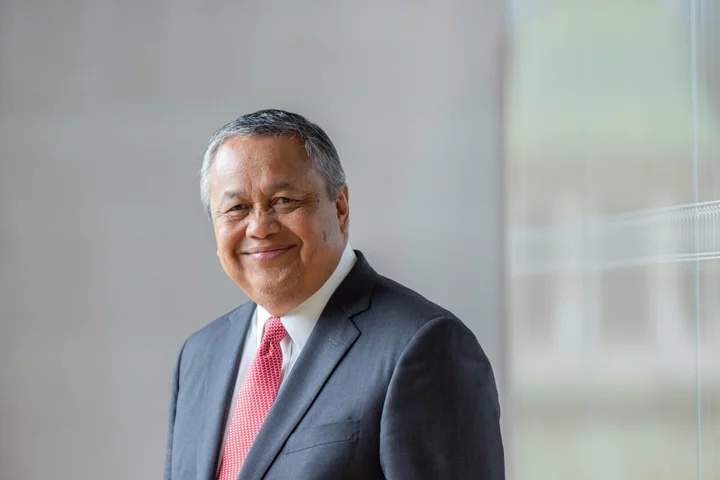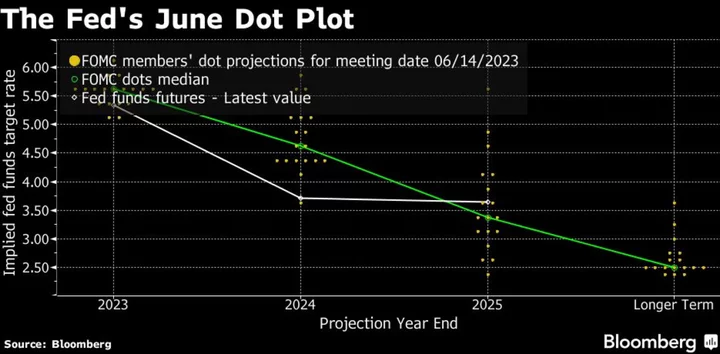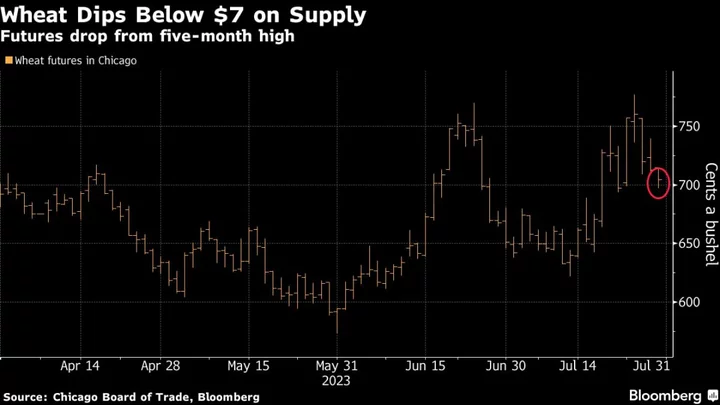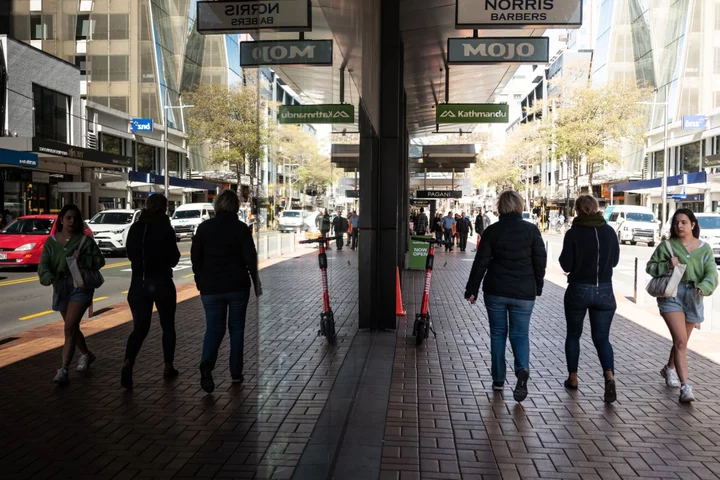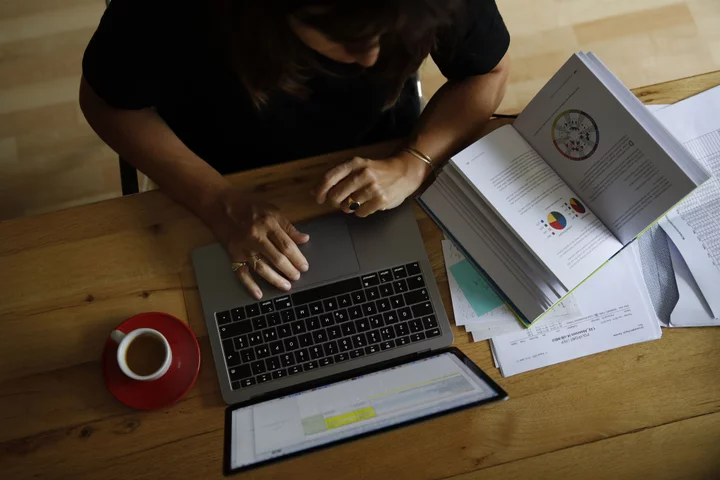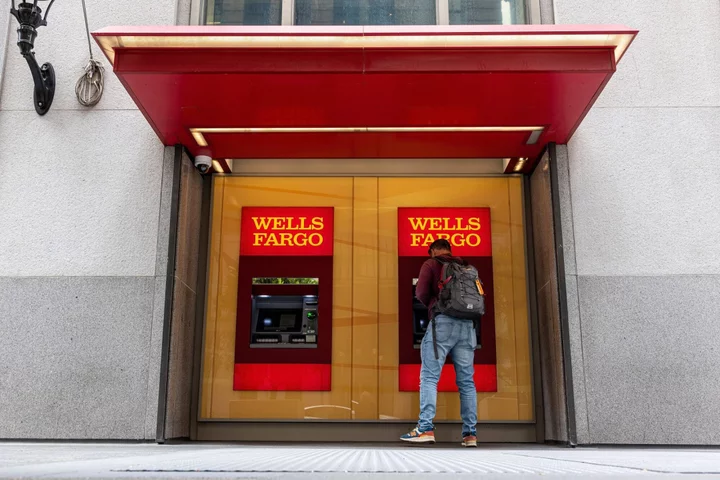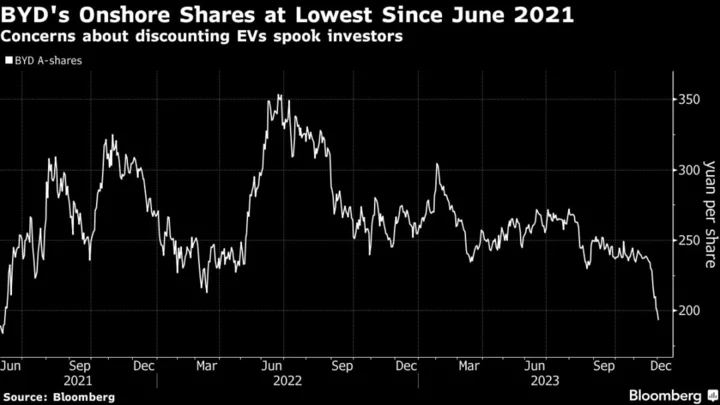Indonesia’s central bank kept the benchmark interest rate unchanged as muted inflation and the rupiah’s fragile recovery give policymakers scope to support the economy.
Bank Indonesia held its seven-day reverse repurchase rate at 6% on Thursday, as predicted by 25 of 31 economists surveyed by Bloomberg. The rest expected a quarter-point hike to 6.25%.
The rate pause comes as Southeast Asia’s largest economy reported earlier this month that expansion was at its slowest pace in two years in the third quarter. At the same time, risks for central banks have receded, with the Federal Reserve looking likely done with its own tightening campaign while fears of a broader Middle East conflict have eased.
The Philippine central bank stood pat last week while Thailand is seen to pause its one-year rate hike campaign on Nov. 29, adding to signs that the recent wave of monetary tightening in parts of Asia may be short-lived.
Indonesia’s economic growth trajectory remains solid, Governor Perry Warjiyo said in his rate briefing, citing domestic consumption and investment. The BI kept its forecast for gross domestic product expansion this year at a range of 4.5%-5.3%, and gains are seen stronger in 2024, the governor said.
The rupiah strengthened along with most major Asian currencies in November, from being the weakest among peers last month, helped by foreign inflows. It has gained about 2% this month.
After a surprise rate hike last month, the BI can afford to wait and assess its next policy move while wielding its market tools to smooth out any lingering currency volatility. Its maiden auction of dollar notes this week was oversubscribed, while its rupiah securities are seeing stronger interest — both bringing in much-needed inflows.
The central bank will sustain its campaign to stabilize the rupiah and keep imported inflation in check amid persistent global market uncertainties and rising fuel costs, Warjiyo said.
The BI pledged to keep inflation within its 1.5%-3.5% target in the coming year after capping price gains within its 2%-4% goal in 2023.
--With assistance from Tomoko Sato and Norman Harsono.

